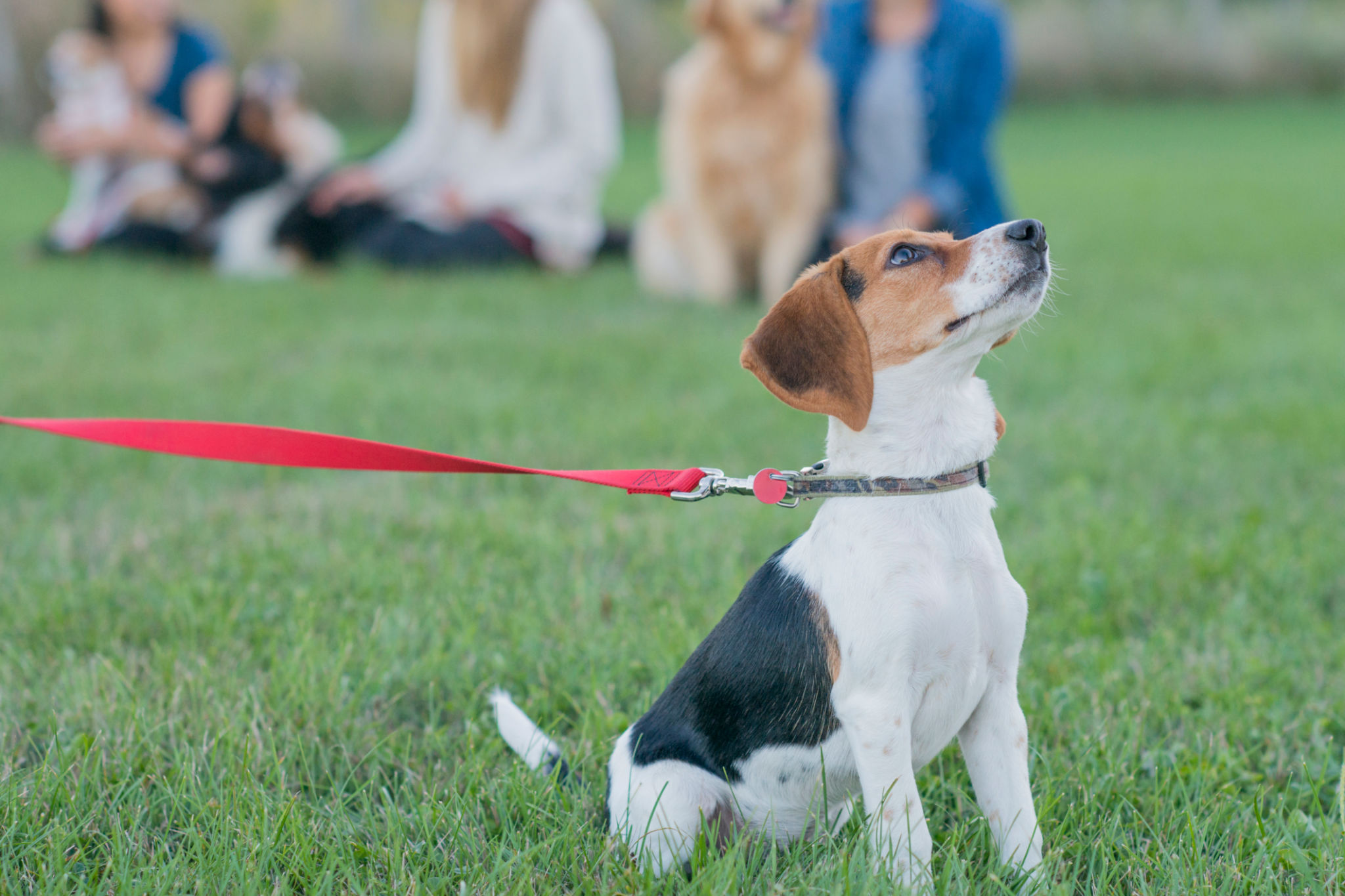How to Train Your German Shepherd Puppy: Tips for New Owners
Understanding Your German Shepherd Puppy
German Shepherds are known for their intelligence, loyalty, and agility. However, training a German Shepherd puppy requires patience and consistency. As a new owner, it's essential to understand that these puppies are eager learners but need guidance to channel their energy constructively.
Start training as early as possible. The earlier you begin, the easier it is to instill good habits. Puppies are most receptive to learning between the ages of 8 and 16 weeks. This is the perfect time to introduce basic commands and socialization.

Creating a Training Schedule
Consistency is key when training your German Shepherd puppy. Establish a daily routine that includes dedicated training sessions. Short sessions of 5 to 10 minutes are ideal for maintaining your puppy’s attention span. Repeat these sessions multiple times a day for the best results.
Incorporate a mix of activities in your training schedule, such as obedience training, socialization, and playtime. This variety keeps your puppy engaged and helps prevent boredom, which can lead to destructive behavior.
Basic Commands to Teach
Begin with basic commands such as “sit,” “stay,” “come,” and “down.” These provide a foundation for more advanced training later on. Use positive reinforcement techniques such as treats, praise, and play to encourage your puppy’s progress.

When teaching commands, be patient and consistent. Repeat each command several times and reward your puppy when they respond correctly. Avoid using harsh tones or punishment, as this can create fear and hinder the learning process.
Socialization is Key
Socializing your German Shepherd puppy is crucial for their development. Expose them to various environments, people, and other animals to build their confidence and adaptability. Arrange playdates with other dogs and take your puppy to parks or pet-friendly events.
Remember that early socialization helps prevent behavioral issues as your puppy grows older. A well-socialized German Shepherd is more likely to be friendly and less anxious in new situations.

Addressing Behavioral Issues
Even with proper training, you may encounter behavioral issues such as biting, barking, or chewing. Address these problems promptly by identifying the cause and redirecting your puppy's energy. For example, if your puppy is biting, provide them with chew toys to satisfy their teething needs.
Enrolling your puppy in obedience classes can also be beneficial. These classes offer structured learning environments and expert guidance to help address persistent behavioral challenges.
The Importance of Patience and Positivity
Training a German Shepherd puppy requires time and dedication. Celebrate small victories and remain patient throughout the process. Your positive attitude greatly influences your puppy's willingness to learn and adapt.
Remember that building a strong bond with your puppy through training not only improves behavior but also strengthens your relationship. With commitment and love, your German Shepherd will grow into a well-behaved and loyal companion.